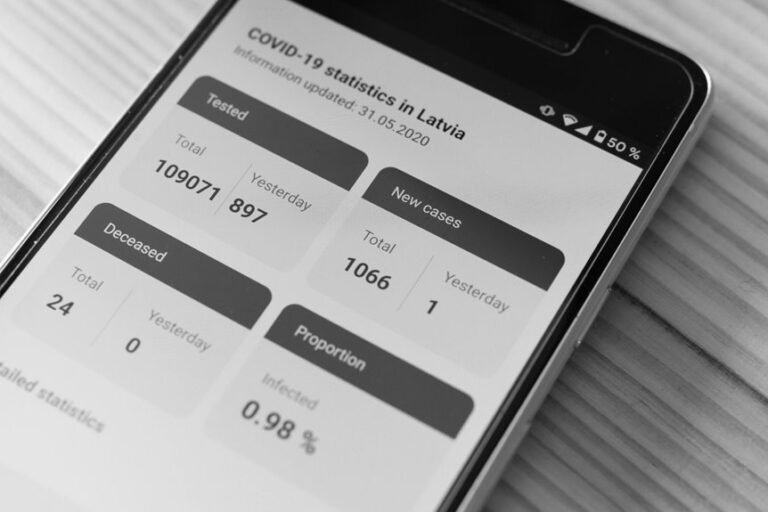Evaluation Record: 405-588-6046, 424.385.0597, 530-231-4361, 540-254-4065, 727-337-2242, 804-342-4031
The Evaluation Records linked to the numbers 405-588-6046, 424-385-0597, 530-231-4361, 540-254-4065, 727-337-2242, and 804-342-4031 play a pivotal role in organizational communication. These records facilitate targeted interactions and streamline information retrieval. Analyzing their management practices reveals both strengths and weaknesses, prompting a closer examination of their impact on operational efficacy. This leads to critical questions about best practices and future improvements.
The Importance of Organized Contact Records
While many individuals underestimate the significance of maintaining organized contact records, the reality is that such records serve as a vital resource for effective communication and relationship management.
Proper contact organization ensures record accuracy, enabling individuals to quickly retrieve essential information, foster connections, and streamline interactions.
Ultimately, prioritizing the meticulous upkeep of these records empowers individuals to navigate their social and professional landscapes with greater ease and effectiveness.
Strategies for Efficient Data Management
Implementing effective data management strategies is crucial for optimizing organizational efficiency and enhancing productivity.
Streamlined data storage solutions enable quick access to information, facilitating prompt record retrieval. Employing cloud-based systems, regular backups, and categorization techniques ensures data integrity and security.
Furthermore, utilizing metadata enhances search capabilities, allowing for freedom in accessing relevant data swiftly, thus supporting informed decision-making and operational agility.
Enhancing Communication Through Evaluation Records
Effective communication within organizations can be significantly enhanced through the systematic use of evaluation records.
By leveraging evaluation feedback, organizations can pinpoint areas for communication improvement, fostering an environment conducive to collaboration and innovation.
This structured approach not only clarifies expectations but also encourages open dialogue, ultimately empowering individuals to contribute freely and effectively to the organization’s goals and objectives.
Conclusion
In conclusion, cultivating comprehensive contact catalogs fosters fruitful relationships and fortifies effective communication. By prioritizing precise data management and persistent updates, organizations can promote seamless interactions and pinpoint potential pitfalls. Ultimately, the strategic utilization of evaluation records not only streamlines operations but also supports sustained success. Such systematic approaches ensure that every connection contributes to a collaborative culture, creating a cohesive community that thrives on clarity and cooperation.






